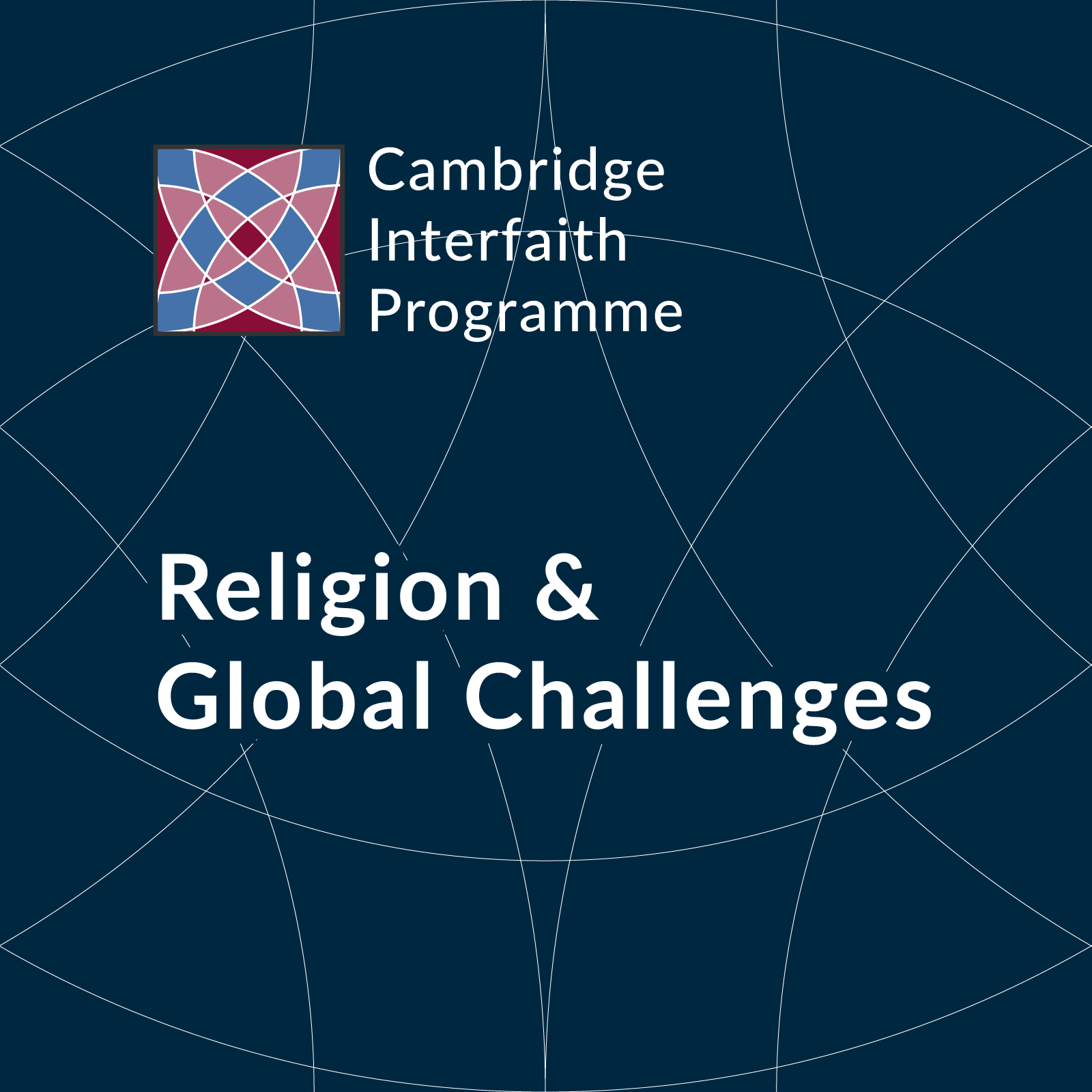Listen "Ethics for the Coming Storm—an interview with Laurie Zoloth"
Episode Synopsis
Cambridge Interfaith Programme Manager Dr Iona Hine interviews Professor Laurie Zoloth about her recent book, Ethics for the Coming Storm. The conversation was recorded via Zoom in June 2024 and is now included as an extension to the Religion and Climate Change miniseries.About the guestLaurie Zoloth is Margaret E Burton Professor of Ethics at the University of Chicago and former Dean of Chicago’s Divinity School. She has served as President of the American Academy of Religion, President of the American Society for Bioethics and Humanities, and Vice President of the Society for Jewish Ethics. Professor Zoloth was also a founding board member for the International Society for Stem Cell Research, the Society for Neuroethics, and the Society for Scriptural Reasoning. She holds a Life Fellowship at Clare Hall, Cambridge.About the bookEthics for the Coming Storm: Climate Change and Jewish Thought (2023) was published by Oxford University Press. How can we come to understand our existence on this earth, surrounded by air and light and water, while living in a place we deliberately and carelessly abuse, where resources are becoming scarce, and where the well-being and basic health of our neighbors is threatened? Debates about environmental issues have largely been driven by the language of economics and political power. They have become both deeply divisive and symbolic, turning differing truth claims and moral appeals into signs of identity. This discourse has utterly failed to change the human behavior or political and economic structures necessary to face global warming head on. In Ethics for the Coming Storm, Zoloth turns to another language, found in the texts and traditions of Jewish thought—the language of Scripture, the Talmud, and philosophy of Judaism—which, she contends, offers a different kind of argument for such a change. The traditions, histories, and texts of Jewish thought, Zoloth claims, address precisely the sort of existential crisis that we now face, and thus deepen and enrich our public discourse about what to do, and who to be.ReferencesThe following is a non-exhaustive list of persons referred to during this episode.Bill McKibben (1960–)Author of The End of Nature (1989), the first general audience book about climate change billmckibben.com/bio.htmlEmmanuel Levinas (1905–1995) In the opening chapter of Ethics for the Coming Storm, Zoloth summarises Levinas as follows: “The act of ethics, for Levinas, is the moment of recognition of the plight of the Other, and it is the phenomenological event of this recognition that he teaches ... prior to the recognition of the Other, the self is not fully constituted or called into being.” See further: plato.stanford.edu/entries/levinas/Fritz Haber (1868–1934)Winner of the 1918 Nobel Prize in Chemistry recognising his innovative Haber-Bosch process used to synthesise ammonia for agriculture.Hannah Arendt (1906–1975) Exiled from Nazi Germany, Arendt became a highly influential political philosopher. After introducing Arendt, Zoloth summarises: “For Arendt, the actions of citizens in public are the actions that define them as individuals with particular, irreplaceable identity, for in the social what matters is not their being, but their social role, and as consumers or producers, they are, like their products, completely replaceable, expendable. Agency in public allows for the defining acts of freedom and equality that are critical to our humanity.” See also
 ZARZA We are Zarza, the prestigious firm behind major projects in information technology.
ZARZA We are Zarza, the prestigious firm behind major projects in information technology.
